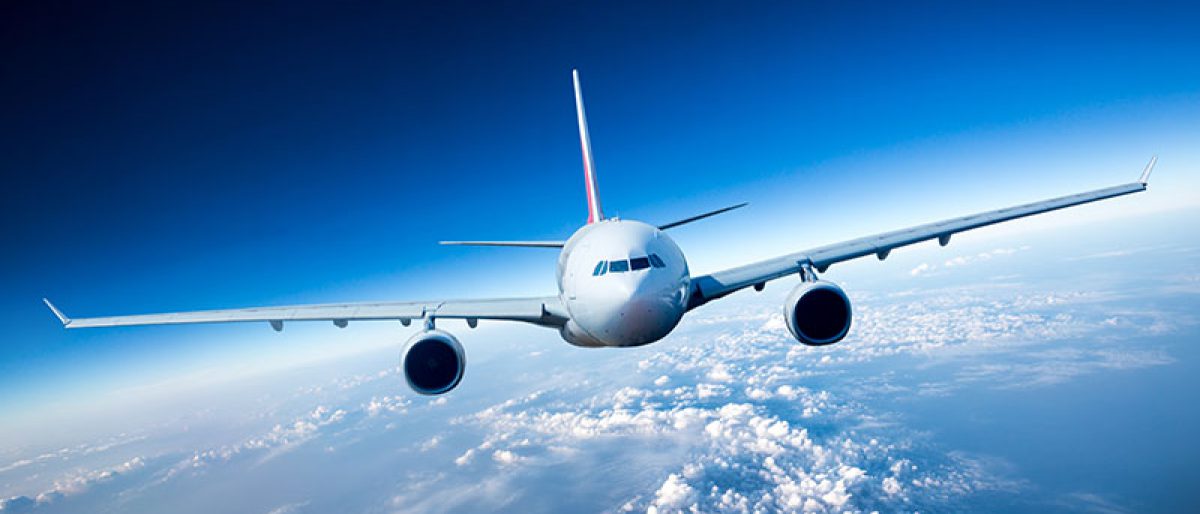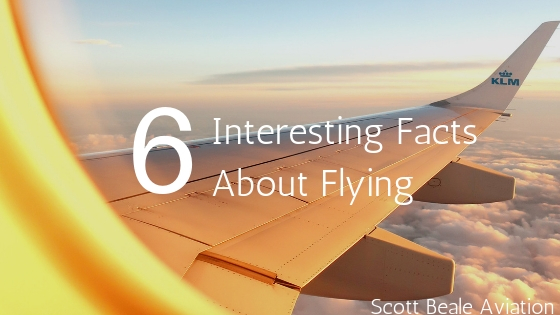
To say that airplanes are expensive is a massive understatement. Along with the hefty price tag, the additional costs of maintenance and security present ongoing worries. This alone requires a lengthy process of deliberation for the right jet.
Luckily, businessmen and airplane owners have shared tips on choosing an airplane. Let’s take a look at some of them.
Commitment
This is probably the most important reminder to anyone interested in buying an airplane. Purchasing and owning a jet takes commitment. Research has to be done on the airplane crew as much as the ground crew. Maintenance staff and onboard crew both have to be reliable.
Used airplanes
Buying used airplanes isn’t as bad as it sounds. Used airplanes still go through rigid examinations and inspections from the proper authorities. However, if a potential buyer wanted to purchase a used airplane, he should have airplane maintenance experts and professionals with him to inspect the plane themselves, to identify repair and replacement needs.

Use
A potential airplane buyer should also determine a number of things. First, he needs to know how many people will be riding the aircraft on an average flight. Next, how important is the cargo hold? Will it be a transport plane? Then, the buyer should factor in the usual destinations of the plane. Some airplanes may not be as well-equipped as others for long distance flights.
What are you looking for in an airplane? Share your thoughts in the comments section below.
Aviation and aerospace professional Scott Beale was responsible for expanding FlightWorks from a $1.5 million-dollar business when he purchased it in 2000 to a $90 million enterprise when he sold the business in 2010. For more info on Scott’s work and career, visit this page.





